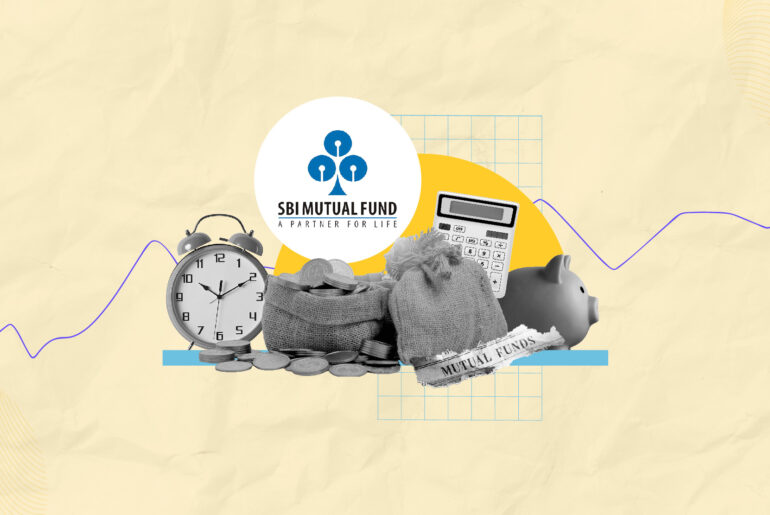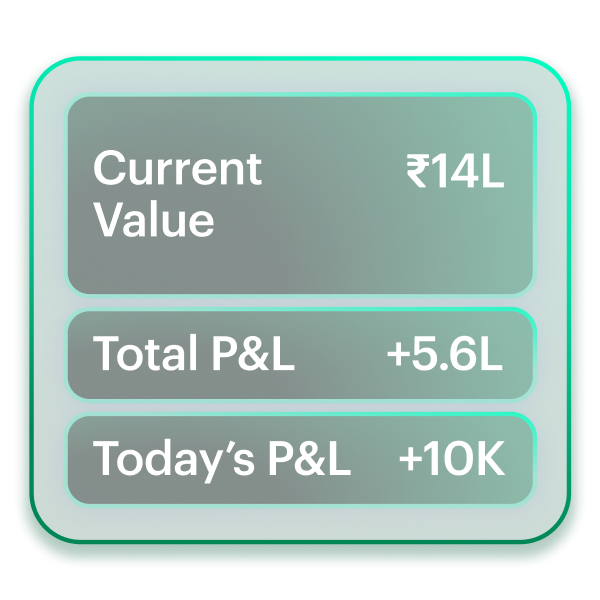Last Updated on May 24, 2022 by
The government of India has many tax-related schemes to help its residents. And one of these many schemes is the presumptive taxation scheme under Section 44AD of the Income Tax Act.
This is a scheme for small business owners and other professionals where under Section 44AD, these people do not need to keep books or perform an audit, providing them with some tax relief. But if assessees have their professions listed under Section 44AA, then they will not be eligible to take advantage of 44AD of the Income Tax Act.
Table of Contents
What is Section 44AD?
Section 44AD, a presumptive taxation scheme, was incorporated in the tax law to assist small assessees and taxpayers lower their tax burden.
Individuals eligible to take advantage of this section will be exempt from maintaining and showing books of their accounts. They will also not have to get an audit performed by a certified CA. Other than the businesses mentioned in Section 44AE and professionals listed under Section 44AA, most of the small assessees can get some tax relief under this section.
But, after Budget 2020, the advantages and scopes of 44AD of the Income Tax Act have significantly increased. Now it extends its benefits to professionals whose profit has been less than Rs. 50 lakh in the current financial year.
Eligibility criteria of Section 44AD
Much like other beneficial sections of the Income Tax Act, Section 44AD comes with its own sets of eligibility criteria, do’s and don’ts. Let us read them in detail below.
- Assessees of this particular section have to be residents of India. Non-residential Indians are not eligible for 44AD.
- Resident HUFs or Hindu Undivided Families are also eligible under 44AD.
- Resident Partnership Firms are also eligible under this section. However, if it is an LLP or Limited Liability Partnership, it will not be eligible under Section 44AD of the Income Tax Act.
- If the assessees have claimed any deductions under Sections 10A, 10AA, 10B, 10BA, 80HH-80RRB, they will not be eligible for tax deductions under Section 44AD.
- If an assessee wants to file their income tax returns under Section 44AD, they will have to do so at 8% or higher. If they do not file their returns under this section, and they show that their earnings are lower than 8% of their gross turnover, then they will need to keep books of accounts and also get a certified CA to perform an audit on them.
- Other than the following, any assessee is eligible irrespective of their businesses. However, the following businesses and professions do not qualify under 44AD.
- Professions that are mentioned in Section 44AA(1) are not eligible under 44AD.
- If an individual earns their income through brokerage or commission, then they are not eligible under 44AD.
- Any agency businesses are not eligible as well.
- If an individual is in the business of hiring, plying, or leasing goods, the carriage is not eligible either. These are all listed under Section 44AE.
- There is also a turnover limit for this section. It is mentioned that the gross receipts or the total turnover of the eligible business should not exceed Rs. 2 cr. in the previous year.
Presumptive tax features under Section 44AD
Calculated presumptive income (6% or 8% of gross receipts or turnover of the qualified business for the preceding year) is considered net income for the business covered by the presumptive taxation scheme under Section 44AD. As a result, no deductions under Sections 30 to 38 of the Income Tax Act are available to the taxpayer.
Assume Mr.X is running a business by the name Sahil Ltd. His gross receipt last year stood at Rs. 80 lakh. He declares his income under the presumptive tax taxation scheme of Section 44AD. His net income, at 8% of gross receipts comes at Rs. 6,40,000. Now, Mr.X may want to claim deduction under Section 30. But according to the presumptive rule under Section 44AD, computed presumptive income is considered as net income and so Mr.X cannot claim any deductions.
Consequences if assessees satisfy and fulfill conditions
Here are some of the things the assessees will and will not be able to do if they are eligible for 44AD and file their returns under it.
- If an assessee fulfils all the conditions of Section 44AD and chooses to file returns under the same, then they won’t be able to claim any deductions under Sections 30-38 of the Income Tax Act. Any form of depreciation will also be included in this.
- If a partnership firm is filing its returns under 44AD, then it can claim additional deductions under Section 40B. However, the firm can only claim deductions to a certain limit as is prescribed in Section 40B.
- If an assessee files their return claims under Section 44AD of the Income Tax Act, then they will not be permitted any disallowance under Sections 40, 40A, and 43B.
- Assessees will be able to declare higher income in their returns.
- Individuals will not be allowed to deduct any salary or interest to partner from the declared profit under 44AD.
- Assessees are also required to pay advance tax before or on 15 March of the financial year.
- If assessees declare profit lower than 8%, then they will not be eligible to claim the benefits of Section 44AD for five subsequent assessment years.
Conclusion
Section 44AD of the Income Tax Act exists to assist small business owners and professionals in getting some tax benefits. But assessees who file their tax returns under this section cannot get any further depreciation, expenditure, or deduction other than a few exceptional cases already mentioned. If you are wondering whether you are eligible to file your income tax returns under this section, then check out the clauses and all the exceptions of the same. Consult your tax advisor or CA for professional guidance on all aspects of Section 44AD.
- List of Top Overnight Mutual Funds in India for 2025 - Apr 21, 2025
- Income Funds – Meaning, Types & What to Watch Out For - Apr 21, 2025
- Hedge Funds in India: Types, Features, and Benefits - Apr 15, 2025




